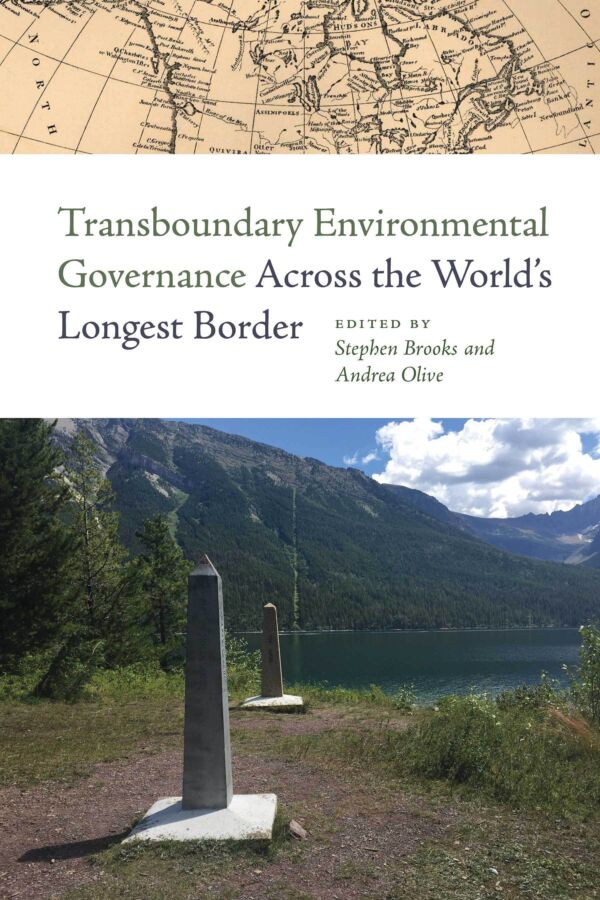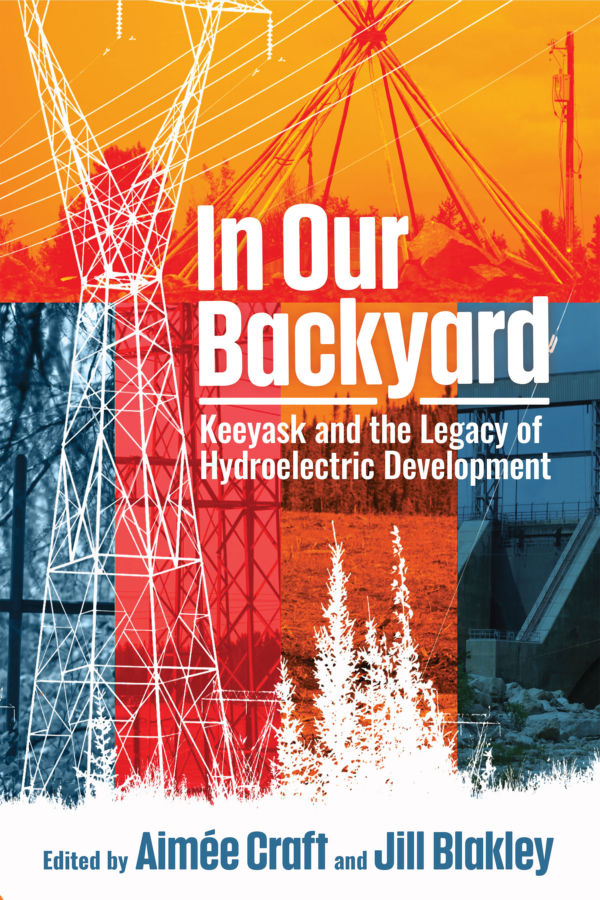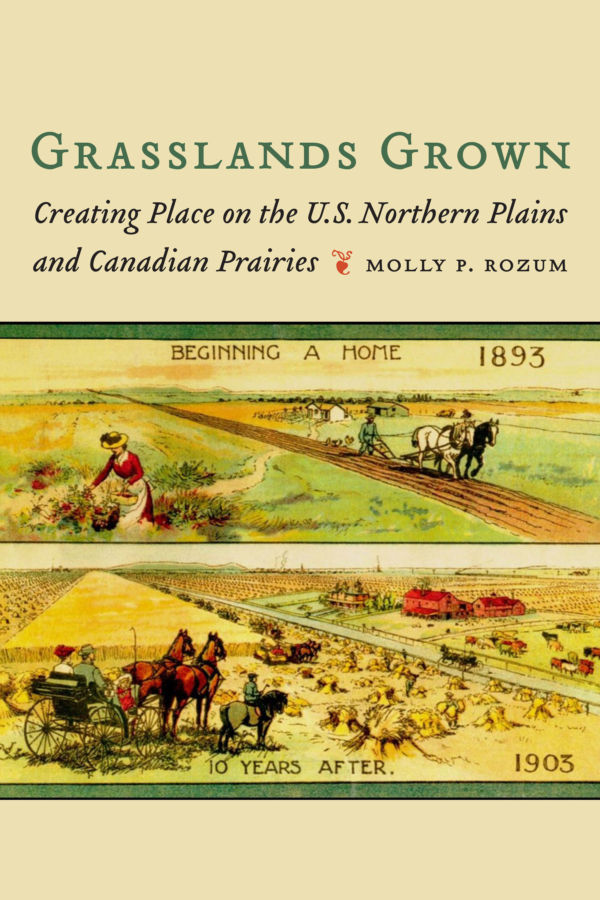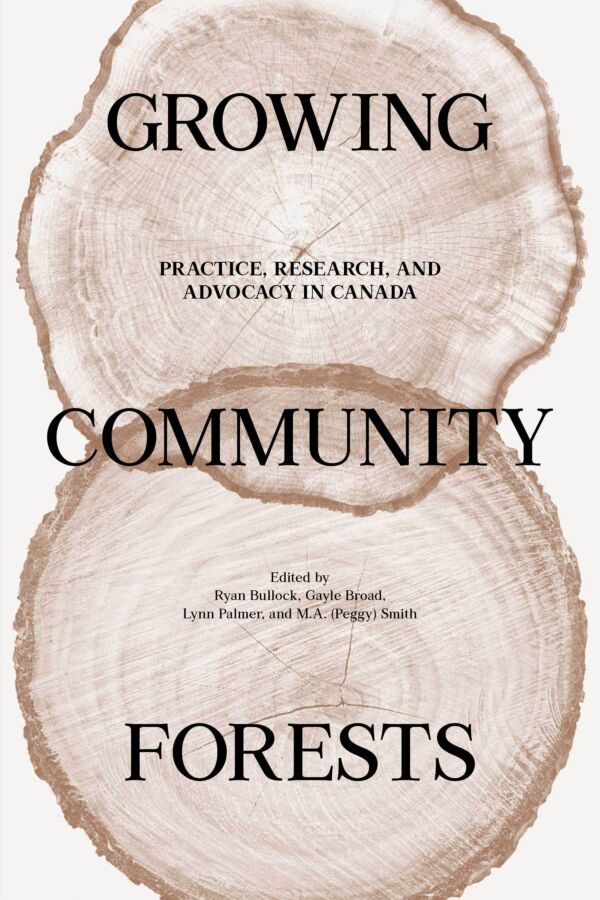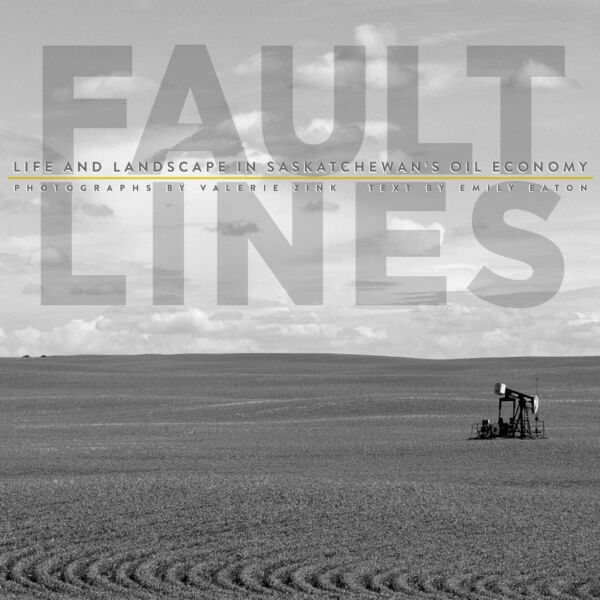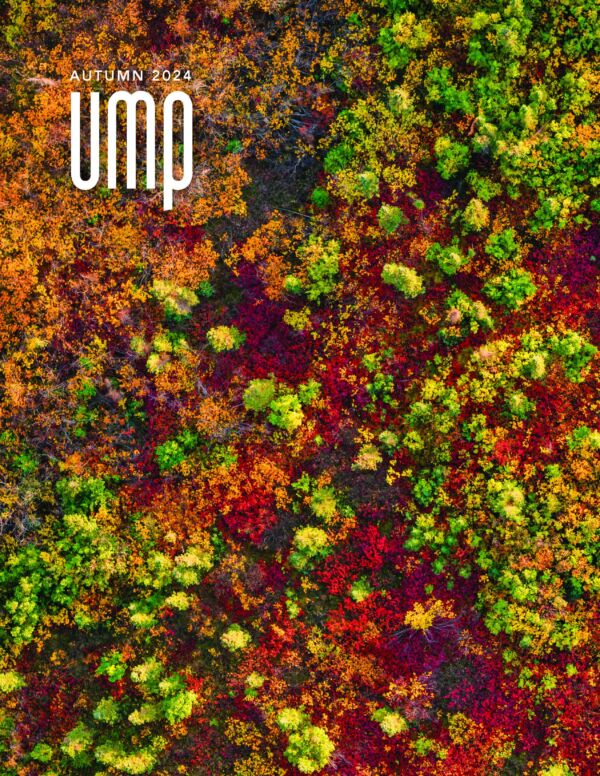Overview
Canada and the United States share a border that spans several of the world's major watersheds and encompasses the largest reserves of fresh water on the planet. The border that separates these two neighbours is political, but the natural environment is a matter of common concern.
In recent years, dramatic changes have taken place in the political and environmental landscapes that shape the conversations, possibilities, and processes associated with the management of this shared interest. More than ever, Indigenous populations are recognized to be a necessary part of negotiations and decision-making regarding matters ranging from pipelines to the protection of endangered species' habitats.
Globalization and, in particular, the continuing elaboration of a transnational conversation and architecture for addressing issues related to climate change have ramifications for Canada-U.S. transboundary issues.
The contributors to this volume examine the state of the existing transboundary relationship between Canada and the United States, including the governance structures and processes, the environmental impacts and adequacy of these structures and processes, and the opportunities and obstacles that exist for reform and improved outcomes.
Reviews
"This excellent volume is the most comprehensive assessment to date of transboundary environmental and resource governance along and across the U.S.-Canadian border."
Stacy D. VanDeveer, Professor, Department of Conflict Resolution, Human Security, and Global Governance, University of Massachusetts Boston
"Stephen Brooks and Andrea Olive have assembled a thoughtful collection that explores how local, regional, subnational, tribal, national, and nongovernmental organizations in the United States and Canada have worked to manage shared environmental resources."
Molly Rozum, H-Environment
About the Authors
Other contributors: Donald K. Alper, Stephen Bird, Marc Gaden, Noah D. Hall, B. Timothy Heinmiller, Martin D. Heintzelman, Carolyn Johns, Charles C. Krueger, Daniel Macfarlane, Marcela López-Vallejo Olvera, and Debra L. VanNijnatten

